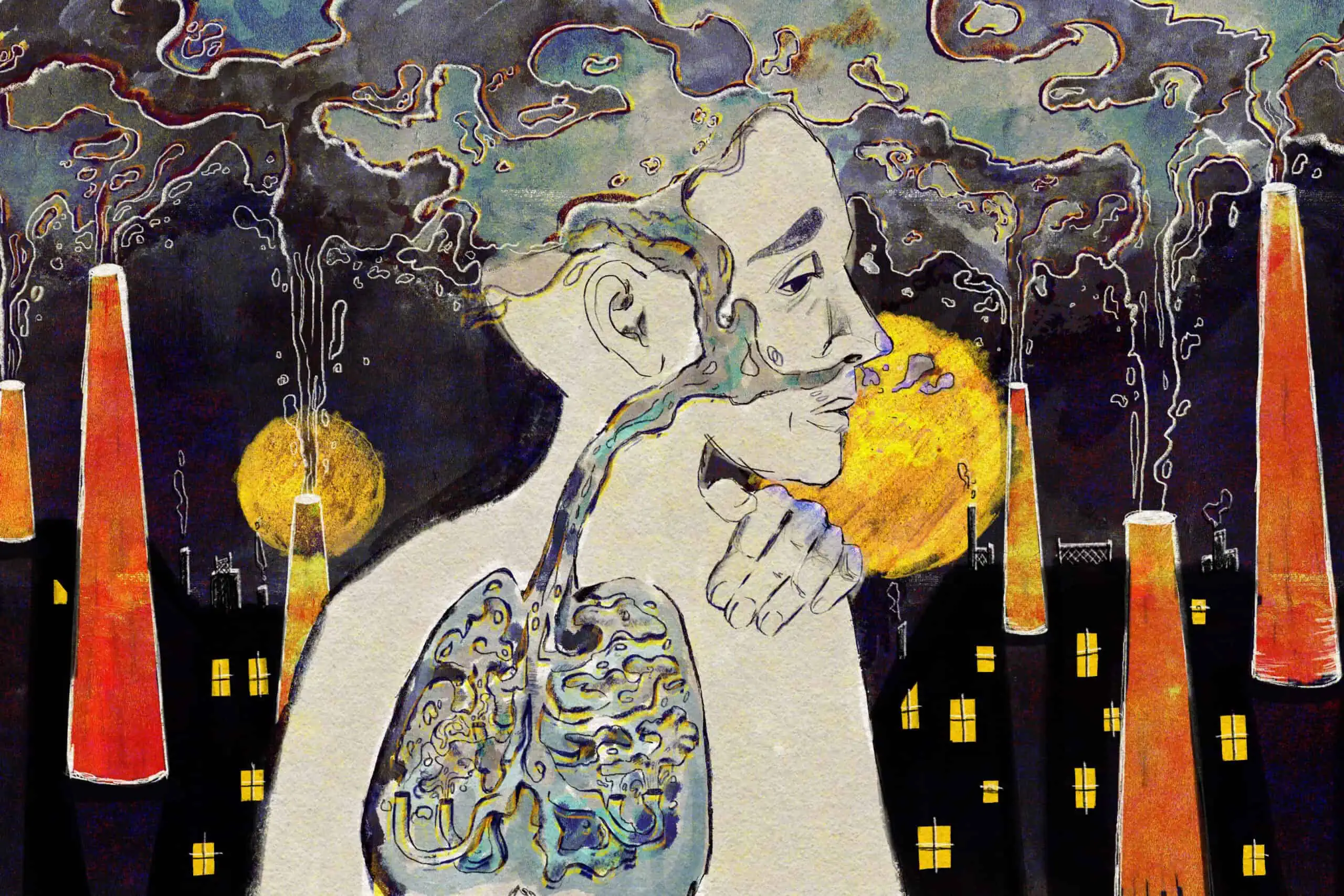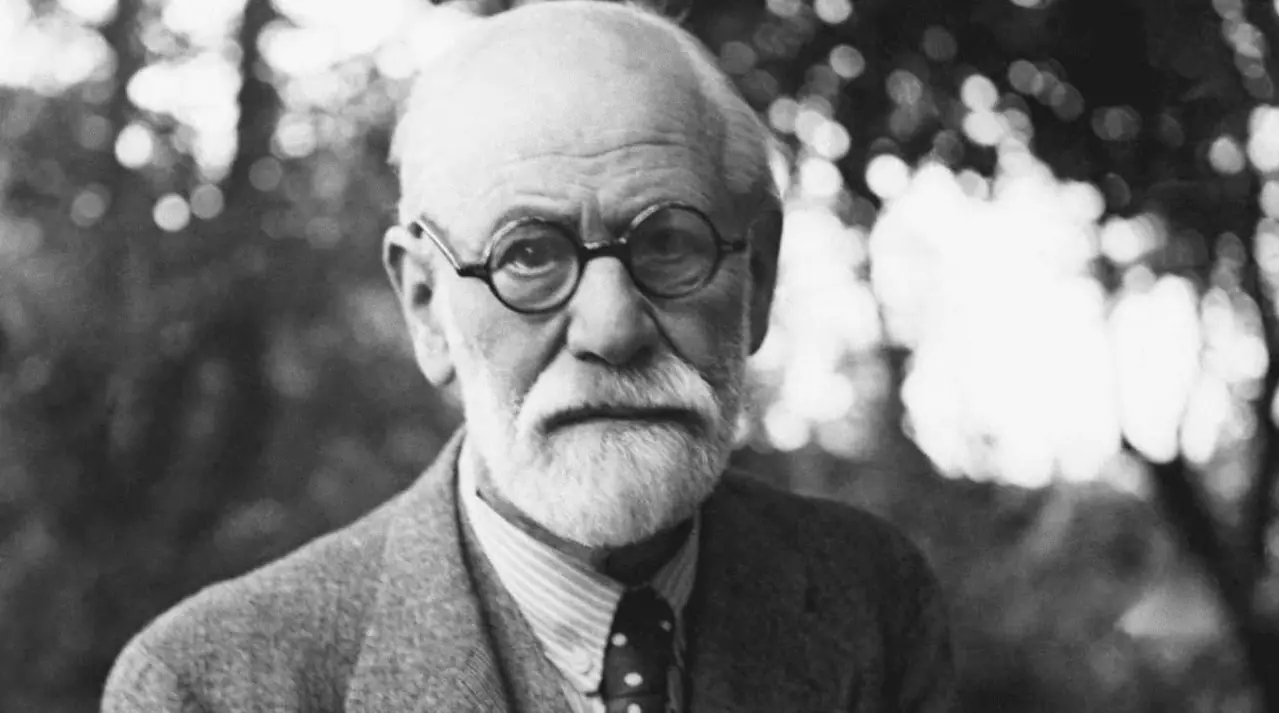The study published by Rosenhan in 1973 has always been difficult to believe. But I’ve said before that psychiatry doesn’t need to be so defensive about it. DSM-III introduced operational criteria to improve the reliability and validity of psychiatric diagnoses, partly in response to the Rosenhan Study. Robert Spitzer believed that unreliable diagnoses must be invalid, and he thought this could be addressed through operational criteria.
Reliability of Psychiatric Diagnosis
The Rosenhan study was designed more to question the validity of psychiatric diagnoses than their reliability. Andrew Scull, who I have mentioned before, has recently published an article in History of Psychiatry summarizing the evidence that the study was fraudulent. Six of the nine original participants were never found, and one participant’s data was not included in the Science report. Interestingly, this psychology student, who became an academic psychologist, published his own more positive account of his experience.

Rosenhan’s Findings
At the very least, Rosenhan’s findings are biased, inaccurate, dishonest, and exaggerated. Andrew states that there is a possibility the missing participants may still surface, but he thinks it is more likely they never existed at all. I know of two reports of modified repetitions of the Rosenhan study. Both were conducted later in the context of evaluating traditional psychiatric institutions. Interestingly, both reports suggest that feigning an auditory hallucination no longer leads to admission, possibly due to the shortage of beds. In one report, seven volunteers with a history of chronic schizophrenia were denied treatment or turned away.
Skinner’s Box Opened
The other report came from the book “Opening Skinner’s Box” by Lauren Slater. She suggests that Martin Seligman, an eminent psychologist, was one of Rosenhan’s pseudopatients. As far as I know, Seligman is still alive, so it may be possible to check this. Slater herself has a formidable psychiatric history and was admitted to a psychiatric hospital at the age of 14. She does not deny the reality of mental illness, but she presented herself nine times, claiming she was hearing a voice. Although she wasn’t admitted, she received prescriptions for a significant number of antidepressants and antipsychotics.
Rosenhan’s Influence
Rosenhan has had a greater impact on psychiatry as a social scientist than Andrew, except maybe Andrew’s influential dismissal of Foucault in the literature. I don’t excuse Rosenhan’s behavior, but I think the scientific literature has been plagued by such dishonesty. There is evidence that at least aspects of Rosenhan’s Science paper are correct. It was possible for a person who is not mentally ill to obtain admission to a psychiatric hospital and mislead psychiatrists into diagnosing schizophrenia. Maybe this has always been the main message that people have taken from the study. Rosenhan elaborated the details to reinforce his conclusion that psychiatric diagnosis is subjective and does not reflect inherent patient characteristics.
In Conclusion
The most concerning point, is that Andrew’s complete dismissal of Rosenhan’s study as fraudulent may reinforce the case that psychiatric diagnosis is objective, which it isn’t in any absolute sense. The limitations of psychiatric diagnosis do need to be acknowledged. If psychiatric diagnosis is meaningful, there will be inevitable inconsistencies.

Offered by our Wellcare World friend at
Trending Also -> Physiotherapy Terahertz Technology TeraMD
Wellcare World specializes in providing the latest advancements in wellness technology, supplementation, and lifestyle changes that improve health and increase the quality of people's lives. To learn more, visit WellcareWorld.com and begin living a better life today.
Share Us With Others







